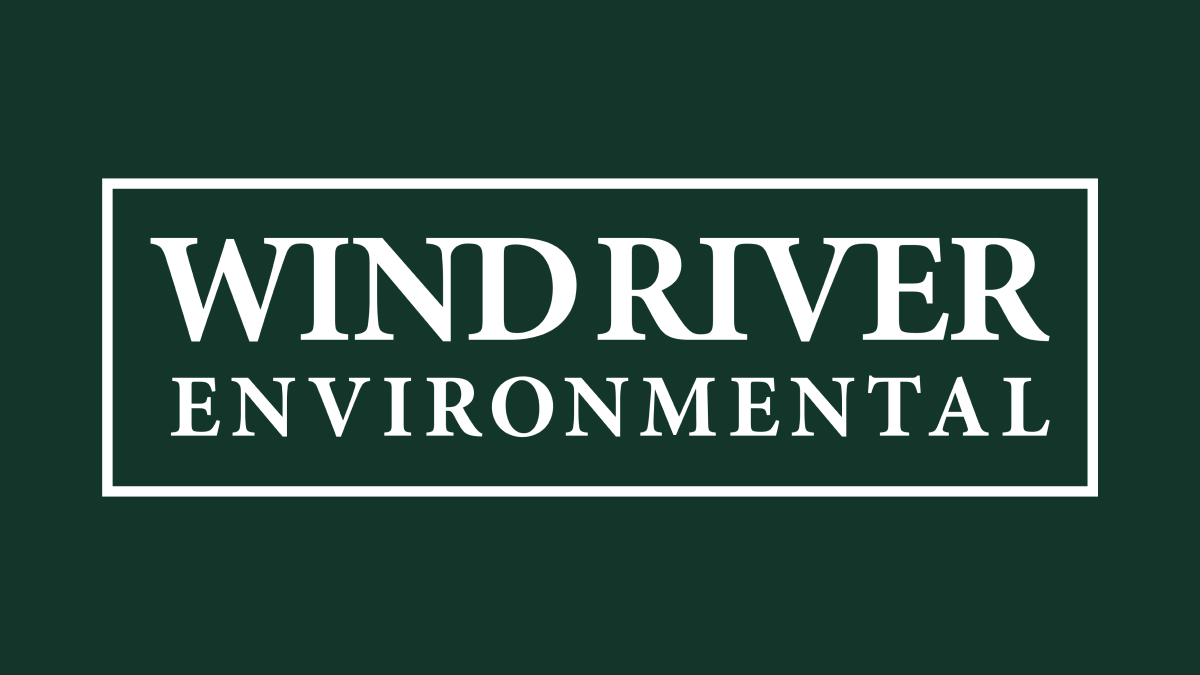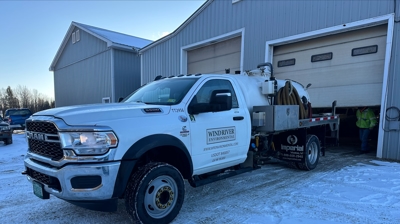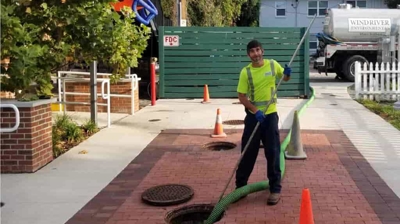How to Avoid The Most Common Hotel Plumbing Issues
As a hotel manager or owner, you know how many details go into creating the perfect home-away-from-home atmosphere for your guests. The lighting has to be just right, the bedding has to be soft and plush, and the food needs to be delicious…but have you thought about your hotel’s plumbing?
Though plumbing is typically underground—out of sight and out of mind—it should be one of your top concerns. Your plumbing covers your restaurants, bars, spas, rooms, gardens, kitchens, sprinklers, and more. If there’s any kind of hiccup in your plumbing, it could lead to serious issues and cost you, valuable customers. Fortunately, you can stay ahead of most of the common plumbing issues hotels face.
Poor Plumbing Design
However vigilant you may be, if your hotel’s plumbing design is poor, you will only be able to do so much. Most hotels have sufficient plumbing for basic daily use. But since hotels hold unusual events, like conventions or weddings, plumbing needs to account for these circumstances.
For example, say everyone started showering at the same time before a 1,000-person convention at your hotel. The system may not be able to handle the sudden increase in pressure. This could have catastrophic effects on your hotel in every way. A burst pipe could turn into leaks or floods, water damage could rupture the building structure, or clogged bathrooms could lead to poor customer reviews. Your commercial venue plumbing needs to be able to simultaneously provide every hotel shower with the same pressure and temperature.
Make sure your plumbing aligns with necessary health and building codes. Get inspections done regularly. Even if your hotel is older, you can always make adjustments without having to redo your whole system.
While it may seem costly to optimize your plumbing now, it could save you money in the long run with water conservation. Poorly designed plumbing can leak water or move it inefficiently. Since hotels move hundreds, if not thousands, of gallons daily, every drop lost will cost you more. Adding cisterns and recirculating systems for your hot water, plumbing, drainage, and sewage systems could save you thousands of dollars in the future.
Maintaining your dishwashing station
The kitchen’s dishwashing station is the number one area where most restaurant plumbing issues occur. During busy hours, servers can forget to properly clean off leftover food and trash that gets sprayed into the sink and clogs up the drain. This can happen wherever there’s a drain in your kitchen, including bars, when bartenders push lime wedges and other solid bar materials into the drain instead of the trash.
Fortunately, it’s pretty easy to avoid this problem by training your employees well. All trash has to be off the dishes or into the sink before the dishes get into the sink or dishwasher. You can also install wire mesh as a backup. Simply cut a small piece of wire mesh, like the ones you use in window screens, and place it over the drain. This should catch any food pieces your servers miss.
Another way to save is by going tankless for your restaurant. Most dining establishments could need 500-5,000 gallons of hot water daily. If the hot water heater starts to fail, which it eventually will, you risk not having enough. But a tankless heater uses a high-powered burner to rapidly heat up inbound cool water to satisfy demand, saving you money on heat and water conservation.
Grease Traps and Fryers
Believe it or not, grease traps and fryers are serious hotel plumbing hazards. Your staff should be cleaning them on a daily basis and ensuring that their gas lines are secure. If too much grease ends up in the drain, it will clog. Any piled-up grease is more likely to catch fire in a kitchen full of flame and sparks.
Once again, proper training is the best solution. Give your employees proper training on cleaning and handling the fryers and grease traps so no extra food ends up in the plumbing. However, make sure they know to watch out for the gas lines. If employees pull on the machines too hard, the gas lines could loosen and leak gas—another dangerous safety hazard.
Bathrooms
While you may be able to solve common plumbing issues in a restaurant without guests noticing, they will definitely notice anything wrong in their bathrooms. Clogs are the most common, with hair going down shower and sink drains or human waste obstructing toilets. Since they’re on vacation, customers will likely be less careful with your rooms than they would with their own.
First, install top-notch drains, faucets, toilets, and other high-quality low-flow devices that will conserve water and not clog easily. Adding hair traps or mesh to the drains is another great precaution. Secondly, constantly check each room and its plumbing in between guests. Have your employees look for leaks, clean the drains, check the water pressure, and report back. Make sure you’re constantly checking up on your pipe inspections and main water pressure as well.
Prevent the Worst with Wind River Environmental
At the end of the day, the most common plumbing issues in hotels won’t occur if you commit to preventative maintenance. Even so, it’s always best to have a plan for any plumbing problem. At Wind River Environmental, we can help you create an emergency response plan for any plumbing issues that occur or help you optimize what you have to prevent any future problems. Get in touch with us today!






